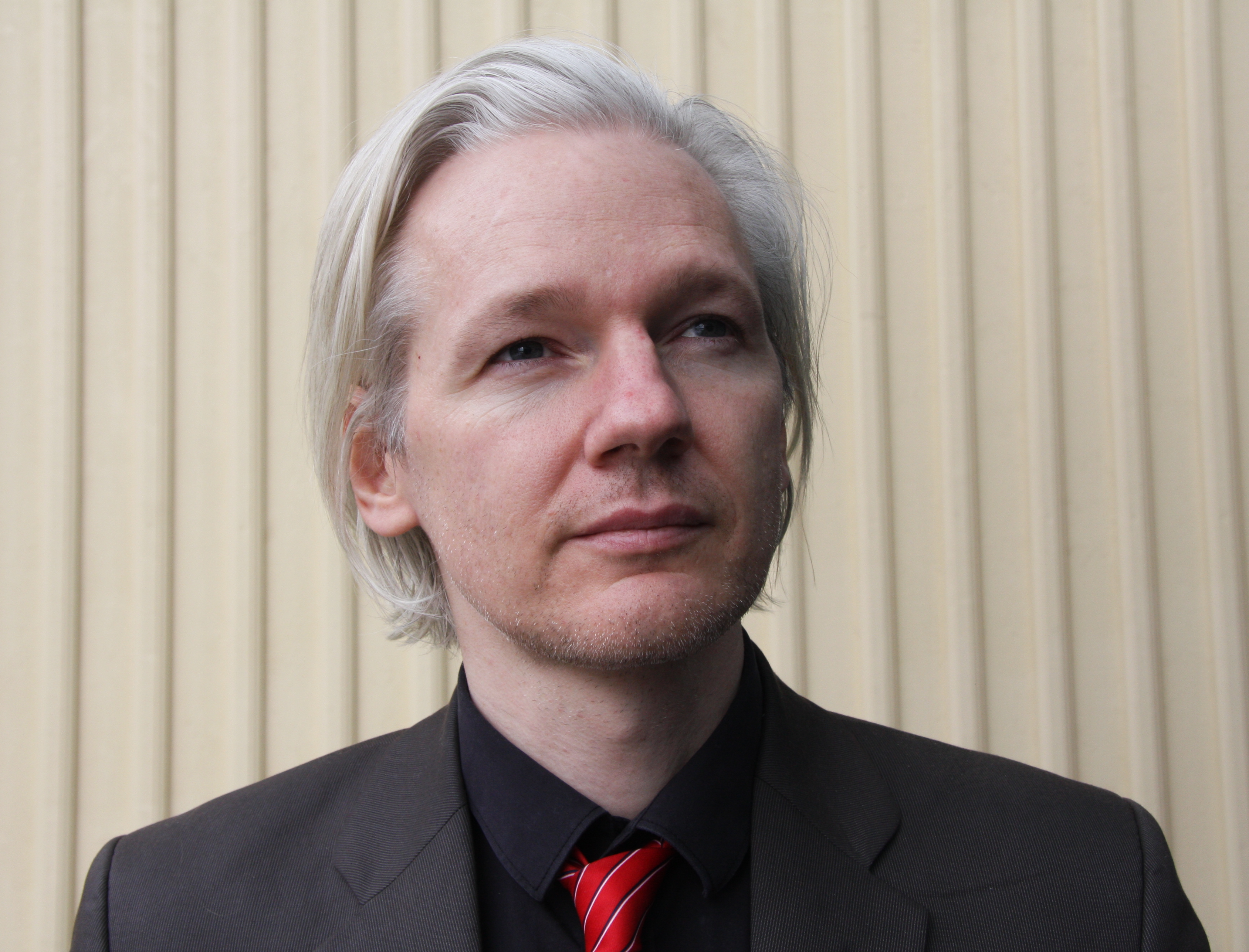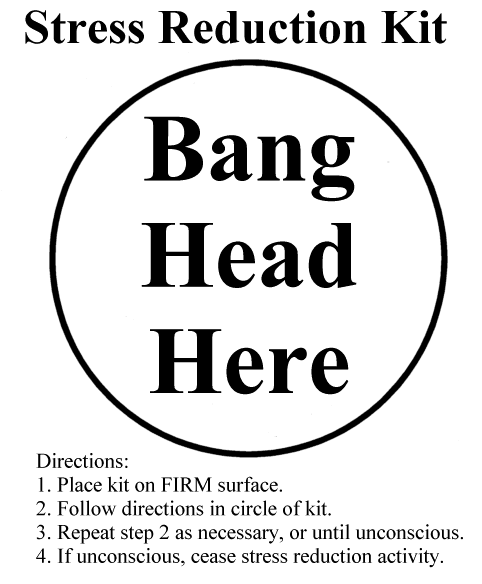or TEA, as the popular tea-party acronym goes. lowering taxes for jobs is on everyone's mind. so let's forget for the moment about roads, public transit, hospitals, schools, universities, and defense and look at the incentives.
humans of course respond to incentives, and constantly look for ways to cut corners. that's ok, we all do it, and so changing tax rates to make people behave in a certain way is a reasonable path of action. now what if i am at the receiving end of such changes? if i had a steady high income from a business, let me just think through what i would do, given different tax rates.
- i pay low taxes: great! i love it! i take my cash home, pay a little tax and spend spend spend on lovely things like champagne, travel, and big cars. maybe i always wanted to have a boat or a private jet? in any case, my money goes to the income of luxury companies that make things i like. their employees work there to have the big name on their resume, not for the money, so they don't make that much but oh well.
if you design mass-produced items, cell phones, laptops, TVs and the like, or advertise cheap goods for the mass market or you work in agriculture: sorry, i've got nothing for you. you'll have to wait until my money trickles down to you from those underpaid makers of my luxury goods. oh wait, they are underpaid, so it won't. sorry, at least i tried.
- you tax me more: aaaargh!!! now i have to devise ways to keep that fat wad of cash that comes my way every month. what to do? oh, yes deductibles. let's see. company car. check. luxury office. check. ... ok, if i must, i'll reinvest some of it into the company, buy some new laptops and office chairs, hell, maybe i'll even hire someone. and to find someone to hire in a competitive jobs market, i have to pay them more. now i'm producing more. how do i sell it? perhaps hire an advertising company and make my products a little cheaper. wait, now i don't make so much money, so maybe i'll hire a consultant to help me streamline the production process, buy some new machines to automate. now i produce even more. hm, maybe i can find new markets in asia?
see what's happening here? the incentive is not the tax, it's the
deduction. i want to avoid taxes, so that my income stays in my company and under my control, so that i can one day pass it on, for cash or to my kids. in the process, i have jump-started a whole host of business activity, while providing a product to a mass market for a good price.
you be the judge which kind of world you want to live in. i for one would vote for option two. and to everyone who claims that high taxes make companies go bust: no company pays the nominal tax rate, as everyone knows deductibles. it's not the government that makes companies go bust, it's competition with more efficient companies (which, incidentally, operate under the exact same tax conditions).
so to republicans and tea-partiers who
claim that low taxes on high incomes create jobs, please remember that the bush tax cuts have been active all along. see how many jobs that gave us? low taxes only help to take the money home and put it on a big pile, not to reinvest it. and to those who say we can't afford the deficit, let me answer with a simile:
the US is like a working mom who, after a busy time at work, finds that her company struggles in the downturn. she comes home unemployed and goes through her finances to see what her options are. after all, she has put aside some money every month for such a case while she still had a job. to her horror, she finds that all her savings have been spent on booze and coke by her alcoholic ex-husband who still likes to hang around. but the kids need to be clothed, fed, and driven to school, and so our formerly working mom has no choice but to take a loan on the house to get by. and throw that good-for-nothing ex out of the house. in 2012.











